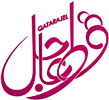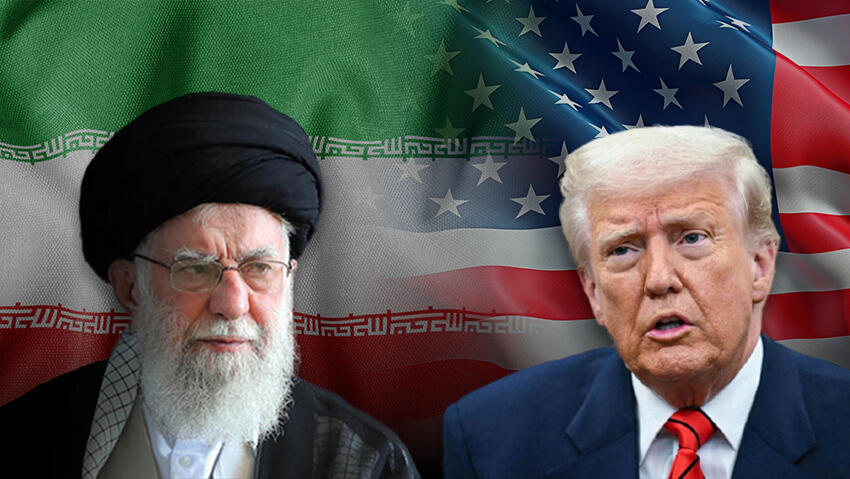Tensions between Iran and the United States are back in the spotlight as Supreme Leader Ayatollah Ali Khamenei declared the latest US nuclear agreement proposal to be against Iran’s national interests. At the heart of the standoff is whether Tehran can continue to enrich uranium, which remains a key sticking point.
In recent months, Iranian and American officials have held multiple rounds of indirect negotiations through intermediaries, aiming to revive or replace the 2015 nuclear agreement that former US President Donald Trump withdrew from in 2018. Iranian officials say they have received new proposals from the US, relayed by Omani mediators. While details remain confidential, Khamenei insisted Iran does not need approval from Washington or any foreign power to decide its domestic nuclear policy.
He emphasized that independence means not waiting for a green light from America or its allies. Trump, meanwhile, stated his administration would not allow any uranium enrichment by Iran. Khamenei responded by making clear that Iran’s enrichment policy is a strictly national matter and not subject to external dictates.
Uranium enrichment has become central to the negotiations. Iranian leaders say it is essential for their country’s energy and scientific needs. Khamenei argued that without the means to produce nuclear fuel domestically, building nuclear power plants is pointless. US officials have reportedly proposed a compromise that would allow limited uranium enrichment by Iran while a broader agreement is negotiated to prevent Iran from acquiring nuclear weapons. The plan also includes help in developing nuclear power plants and potential joint management of enrichment facilities with regional partners.
Iran has shown some openness to temporary enrichment restrictions and even a regional nuclear fuel consortium, but insists that such measures would supplement, not replace, its own enrichment capabilities. According to a recent International Atomic Energy Agency report, Iran has increased its production of highly enriched uranium, now up to 60% purity—far above the 3.67% cap set in 2015, but still short of weapons-grade.
As talks continue behind closed doors, both sides remain firmly entrenched in their positions, raising questions about the future of any new nuclear deal.

